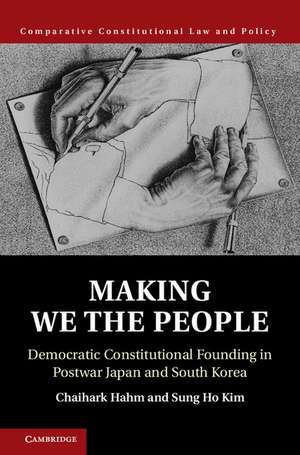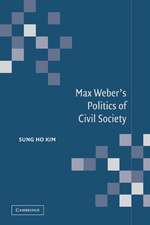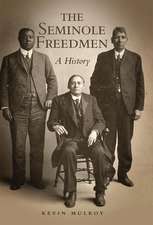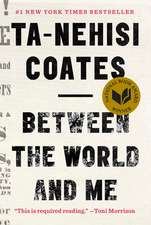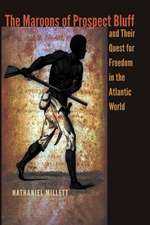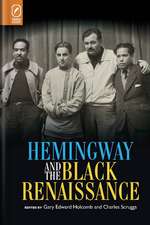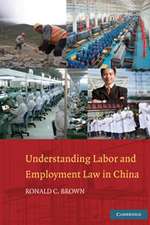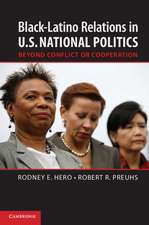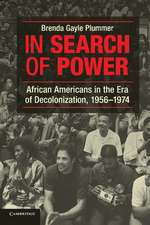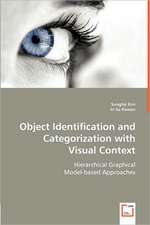Making We the People: Democratic Constitutional Founding in Postwar Japan and South Korea: Comparative Constitutional Law and Policy
Autor Chaihark Hahm, Sungho Kimen Limba Engleză Hardback – 9 dec 2015
Din seria Comparative Constitutional Law and Policy
-
 Preț: 439.01 lei
Preț: 439.01 lei -
 Preț: 293.64 lei
Preț: 293.64 lei -
 Preț: 367.67 lei
Preț: 367.67 lei - 14%
 Preț: 739.13 lei
Preț: 739.13 lei -
 Preț: 280.49 lei
Preț: 280.49 lei -
 Preț: 206.85 lei
Preț: 206.85 lei -
 Preț: 236.43 lei
Preț: 236.43 lei -
 Preț: 206.78 lei
Preț: 206.78 lei - 9%
 Preț: 660.83 lei
Preț: 660.83 lei -
 Preț: 178.97 lei
Preț: 178.97 lei - 9%
 Preț: 696.10 lei
Preț: 696.10 lei -
 Preț: 289.74 lei
Preț: 289.74 lei -
 Preț: 238.36 lei
Preț: 238.36 lei -
 Preț: 201.19 lei
Preț: 201.19 lei -
 Preț: 238.11 lei
Preț: 238.11 lei - 9%
 Preț: 695.79 lei
Preț: 695.79 lei -
 Preț: 319.99 lei
Preț: 319.99 lei -
 Preț: 248.39 lei
Preț: 248.39 lei -
 Preț: 358.66 lei
Preț: 358.66 lei -
 Preț: 283.03 lei
Preț: 283.03 lei -
 Preț: 358.48 lei
Preț: 358.48 lei - 14%
 Preț: 742.60 lei
Preț: 742.60 lei - 23%
 Preț: 640.09 lei
Preț: 640.09 lei - 14%
 Preț: 721.78 lei
Preț: 721.78 lei -
 Preț: 283.25 lei
Preț: 283.25 lei -
 Preț: 267.18 lei
Preț: 267.18 lei -
 Preț: 284.56 lei
Preț: 284.56 lei -
 Preț: 321.31 lei
Preț: 321.31 lei -
 Preț: 385.61 lei
Preț: 385.61 lei -
 Preț: 286.89 lei
Preț: 286.89 lei -
 Preț: 356.75 lei
Preț: 356.75 lei - 23%
 Preț: 705.36 lei
Preț: 705.36 lei - 14%
 Preț: 723.27 lei
Preț: 723.27 lei -
 Preț: 322.29 lei
Preț: 322.29 lei -
 Preț: 358.48 lei
Preț: 358.48 lei
Preț: 727.91 lei
Preț vechi: 846.41 lei
-14% Nou
Puncte Express: 1092
Preț estimativ în valută:
139.28€ • 145.44$ • 115.02£
139.28€ • 145.44$ • 115.02£
Carte tipărită la comandă
Livrare economică 15-29 aprilie
Preluare comenzi: 021 569.72.76
Specificații
ISBN-13: 9781107018822
ISBN-10: 110701882X
Pagini: 330
Dimensiuni: 152 x 229 x 19 mm
Greutate: 0.61 kg
Editura: Cambridge University Press
Colecția Cambridge University Press
Seria Comparative Constitutional Law and Policy
Locul publicării:New York, United States
ISBN-10: 110701882X
Pagini: 330
Dimensiuni: 152 x 229 x 19 mm
Greutate: 0.61 kg
Editura: Cambridge University Press
Colecția Cambridge University Press
Seria Comparative Constitutional Law and Policy
Locul publicării:New York, United States
Cuprins
Introduction; 1. The unbearable lightness of the people; 2. War and peace; 3. The ghost of empire past; 4. A room of one's own; Conclusion.
Recenzii
'Hahm and Kim's extraordinary intellectual achievement provides rare illumination of the crucial and deeply misunderstood concept of popular sovereignty. Their learned, elegant, and searching analysis should be an enduring part of the conversation that must be conducted if we are to make sense of our common constitutional predicament.' Gary J. Jacobsohn, H. Malcolm Macdonald Professor of Constitutional and Comparative Law, University of Texas, Austin
'The simultaneous writing of constitutions in twentieth-century Japan and Korea, two countries under heavy American influence, makes an obvious candidate for comparative study yet no such work has been undertaken until now. In Making We the People, Hahm and Kim have dug deeply into both histories and their global context, offering a nuanced and thoughtful account.' Andrew Gordon, Lee and Juliet Folger Fund Professor of History, Harvard University
'Hahm and Kim persuasively argue that we can only discover who 'We the People' named in a constitution are by adopting a broader spatial and temporal lens … that considers external influences, creative uses of the past, and shifting definitions of peoplehood. Making We the People thus contributes significantly to comparative constitutional studies, East Asian studies, and scholarship on nation building and democratic theory.' Celeste L. Arrington, Pacific Affairs
'Making We the People, by Chaihark Hahm and Sung Ho Kim, is an important addition to the literature on comparative constitutional law generally and on constitution-making in particular, on at least two levels. I recommend it highly in relation to both. … Making We the People is a refreshing and welcome entry into this somewhat messy field. Many of the observations that the authors make, sometimes in passing, offer insights into the enterprise of constitutional renewal that ring true and deserve emphasis.' Cheryl Saunders, ICON
'The simultaneous writing of constitutions in twentieth-century Japan and Korea, two countries under heavy American influence, makes an obvious candidate for comparative study yet no such work has been undertaken until now. In Making We the People, Hahm and Kim have dug deeply into both histories and their global context, offering a nuanced and thoughtful account.' Andrew Gordon, Lee and Juliet Folger Fund Professor of History, Harvard University
'Hahm and Kim persuasively argue that we can only discover who 'We the People' named in a constitution are by adopting a broader spatial and temporal lens … that considers external influences, creative uses of the past, and shifting definitions of peoplehood. Making We the People thus contributes significantly to comparative constitutional studies, East Asian studies, and scholarship on nation building and democratic theory.' Celeste L. Arrington, Pacific Affairs
'Making We the People, by Chaihark Hahm and Sung Ho Kim, is an important addition to the literature on comparative constitutional law generally and on constitution-making in particular, on at least two levels. I recommend it highly in relation to both. … Making We the People is a refreshing and welcome entry into this somewhat messy field. Many of the observations that the authors make, sometimes in passing, offer insights into the enterprise of constitutional renewal that ring true and deserve emphasis.' Cheryl Saunders, ICON
Notă biografică
Descriere
This book examines Japan and Korea's post-World War II constitutional history to challenge enduring assumptions about the nature of constitution-making.
